Stories
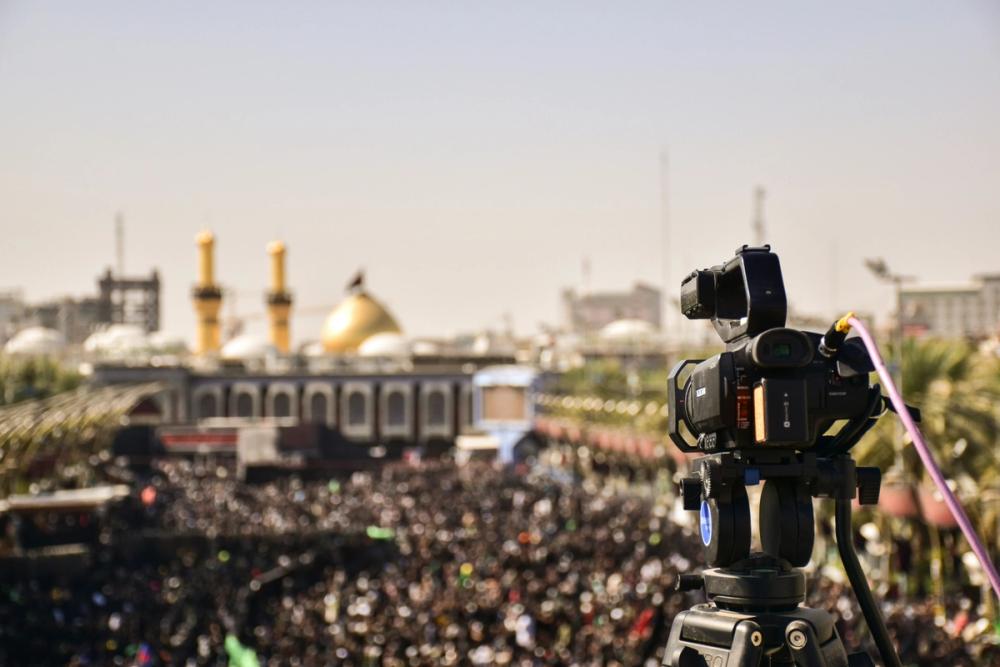
From Tehran to Berlin: Omid Rezaee on Covering Iran from Exile
Exiled Iranian journalist Omid Rezaee documents reporting on the 2025 Israeli strikes on Iran from abroad. Facing Iran's most severe internet blackout, media censorship, and family intimidation, exiled journalists continued to provide accurate information, exposing Iran's diplomatic isolation and demonstrating how exile journalism serves as a vital form of resistance.
Read more15 July 2025
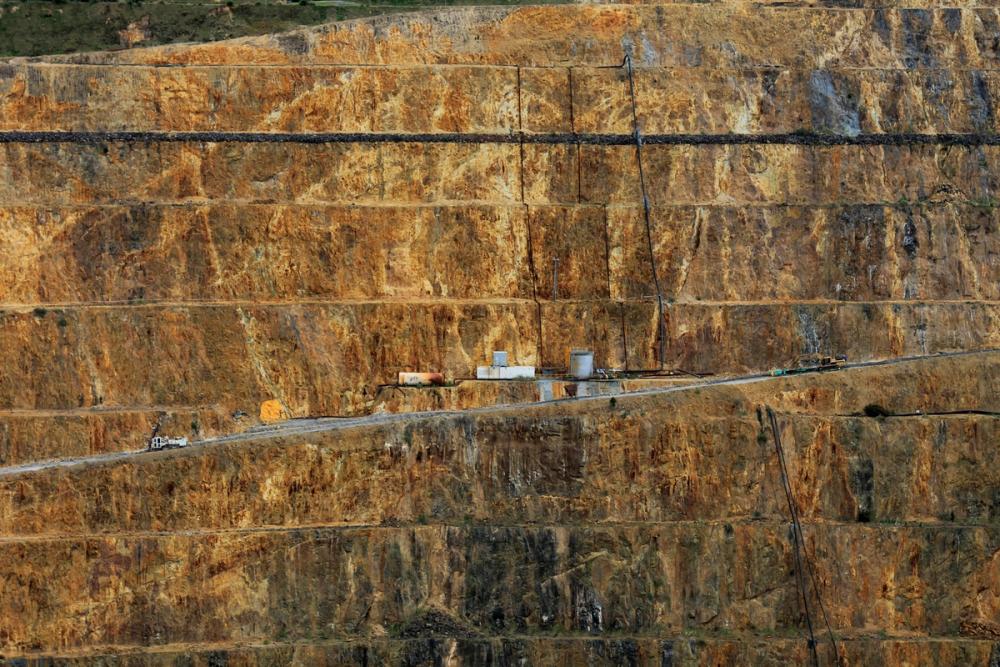
Wagner Group's Gold Trade in Africa: Investigation by Transparency International Russia
The Russian mercenary Wagner Group has established a vast network in Africa to exploit natural resources by supporting authoritarian regimes in the Central African Republic, Sudan, and Mali. These mercenaries maintain operations through violence, political manipulation, and alliances with local elites.
ti-russia.org03 July 2025
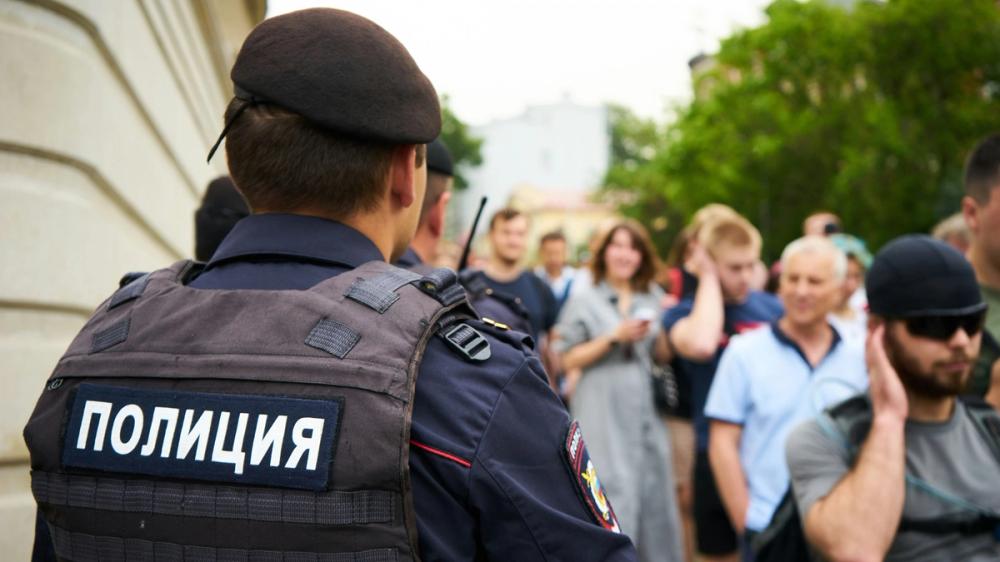
How the War in Ukraine Transformed Civic Action in Russia: Research by Novaya Gazeta Europe
Despite intense repression and fear of reprisals, Russian civilians initiated nearly 40,000 protest actions from 2022 to early 2025. Most of these focused on everyday issues like utilities, environmental protection, public transport, and education rather than politics. Novaya Gazeta Europe's analysis reveals that while broad anti-war demonstrations have largely been suppressed, grassroots mobilisation around practical concerns remains resilient.
novayagazeta.eu27 June 2025
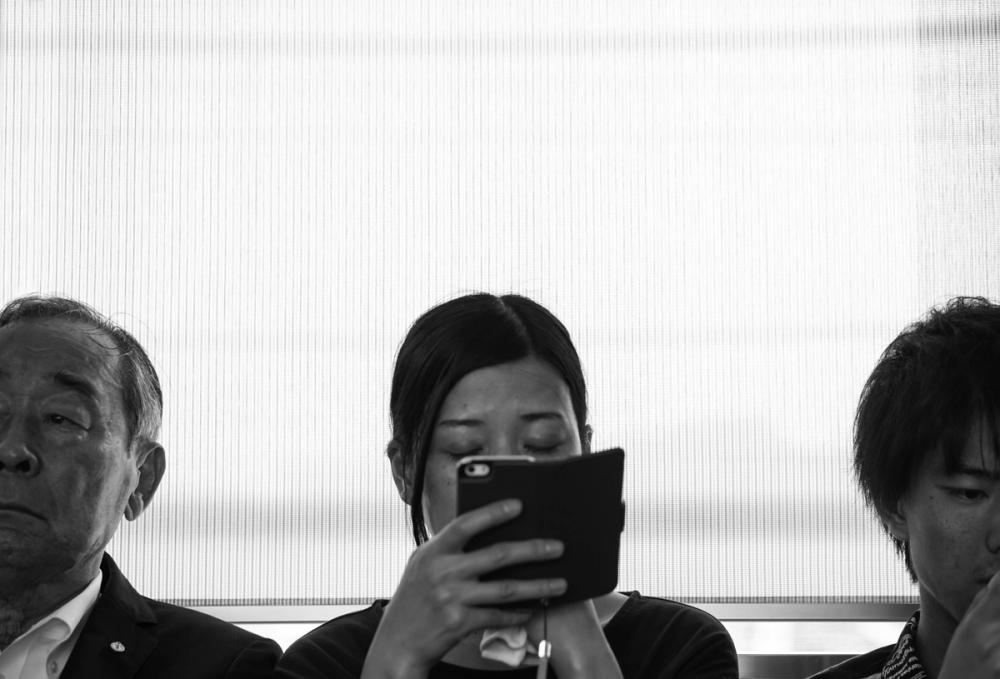
How the Work of Russian Destructive Groups in Kazakhstanan and Central Asia is Carried Out
Feminist activists in Kazakhstan face regular harassment. Disruptors intrude into meetings, while authorities make baseless arrests, particularly before March 8 events. Officials deny demonstration permits on fabricated grounds. Bagila Baltabaeva, head of the "Kazakhstan Parents' Union" and Feminita opponent, is frequently implicated. What is this "Parents' Union" and how does it connect to Russia?
instagram.com13 March 2025
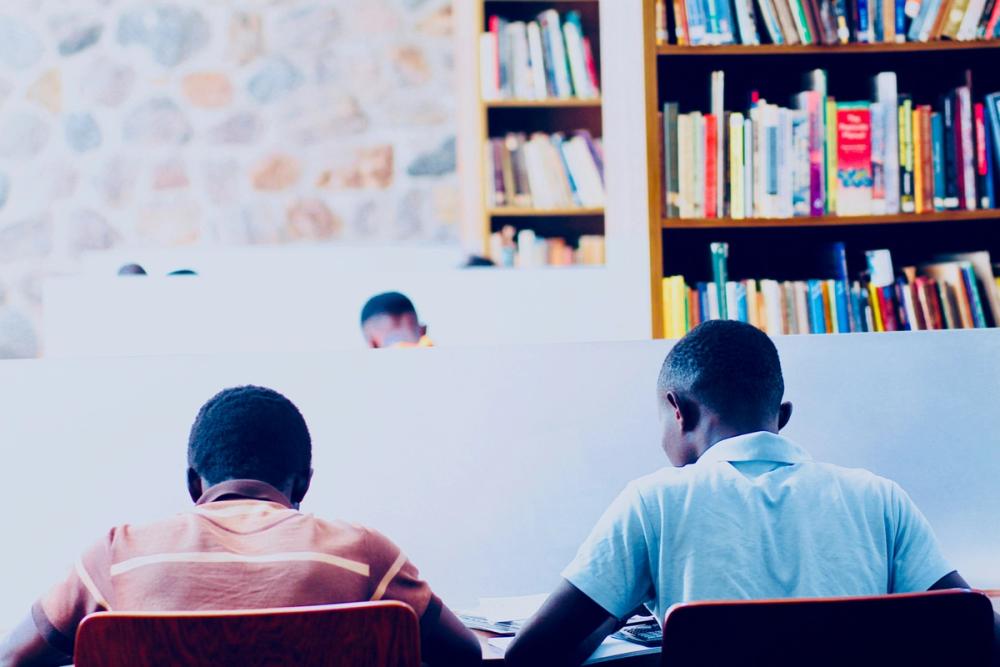
Russia’s Playbook: How Local-Language Narratives Shape Influence in West Africa: Research by DAIDAC
Russian campaigns in West Africa use Hausa and other local languages to spread pro-Kremlin content across digital platforms. They deploy Pan-African imagery and anti-Western messaging to connect with regional audiences. Publications such as Damagaram Post circulate sensationalised stories praising Putin, while "Russian Houses" reinforce these narratives through cultural programmes and media training.
daidac.thecjid.org11 March 2025
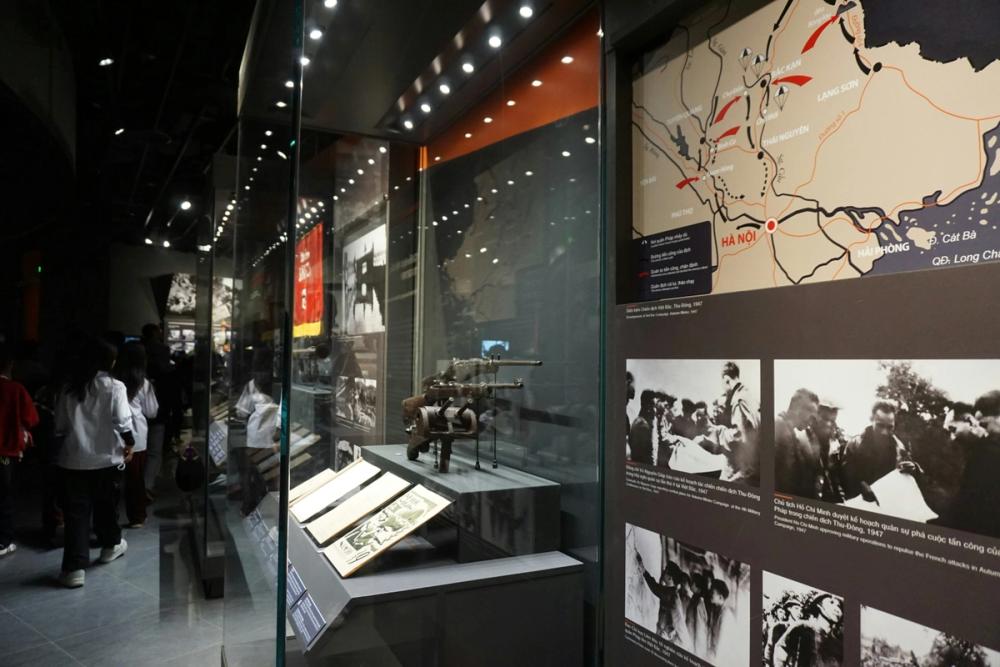
How Russia’s Museums Became Instruments of War Propaganda: Analysis by Novaya Gazeta Europe
Museums across Russia have been transformed into channels for Kremlin propaganda. Alongside cultural and historical artifacts, visitors now encounter Wagner Group memorabilia, military drones, and children’s drawings from Donbas.
novayagazeta.eu10 March 2025
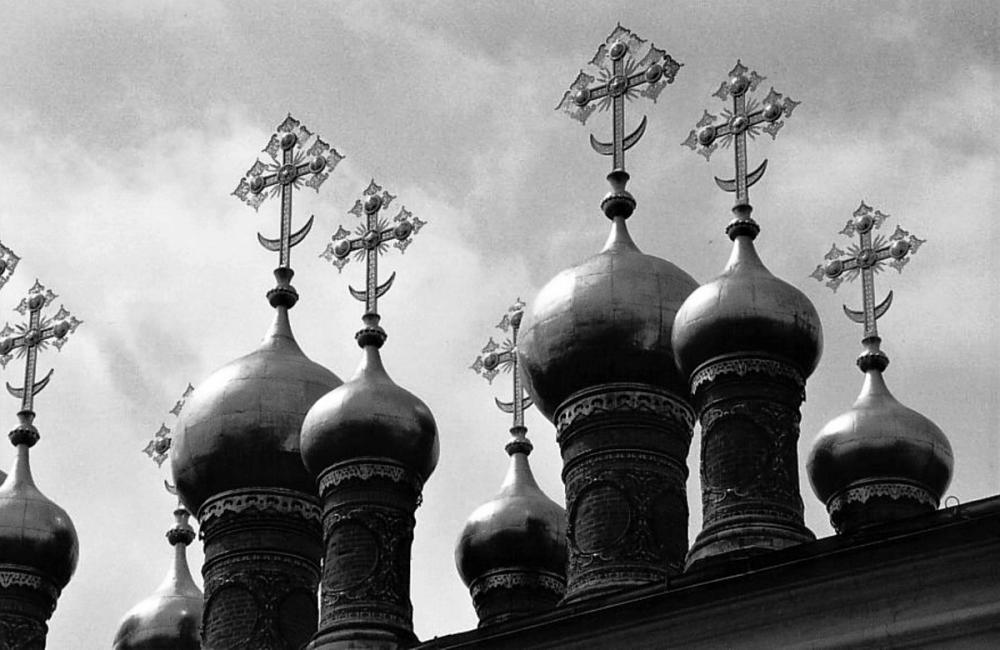
Russian Orthodox Church Interference in African Geopolitics: Findings by African Digital Democracy Observatory
The Russian Orthodox Church is expanding its influence across Africa. These efforts serve as a soft-power strategy to promote Russian geopolitical interests by embedding the ROC within African communities culturally, linguistically, and spiritually.
disinfo.africa28 February 2025
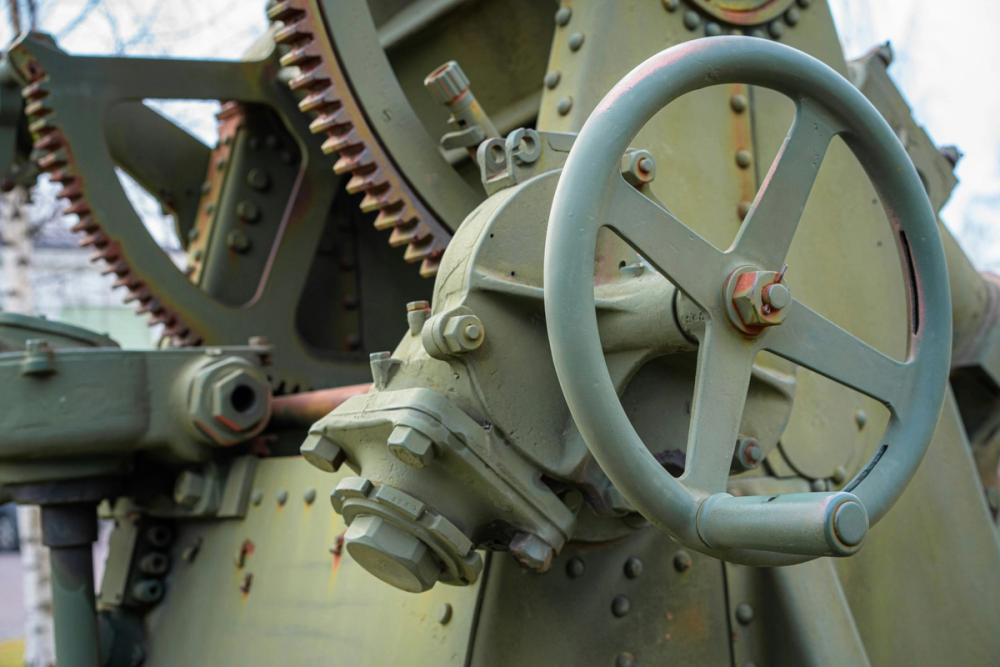
European Companies Still Supplying Equipment to Russia’s Military Industry: Findings by the Insider
Despite sanctions, European manufacturers still supply equipment to Russian clients. The Insider found nine cases of European industrial machinery being used in defense enterprises, including a Czech-owned machine tool factory in Yekaterinburg.
theins.ru24 January 2025
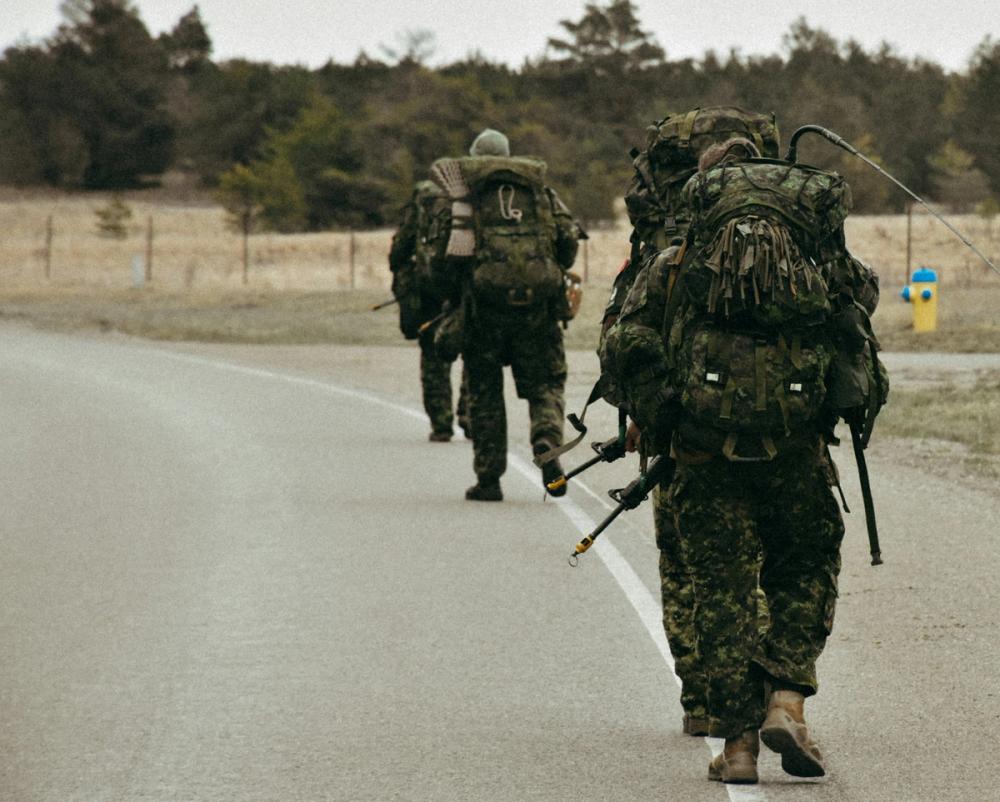
Displaced and Resilient: The Struggles of Buryats and Other Ethnic Minorities in Russia Amid War
Following Putin's 2022 mobilisation decree, border crossings to Mongolia increased sevenfold, where refugees found safety and support. Several exiles recount experiences of fear and military pressure while expressing gratitude for Mongolia's hospitality, which allowed them to rebuild their lives with dignity. The publication by Factchek.mn is available in Mongolian.
zms.mn28 October 2024
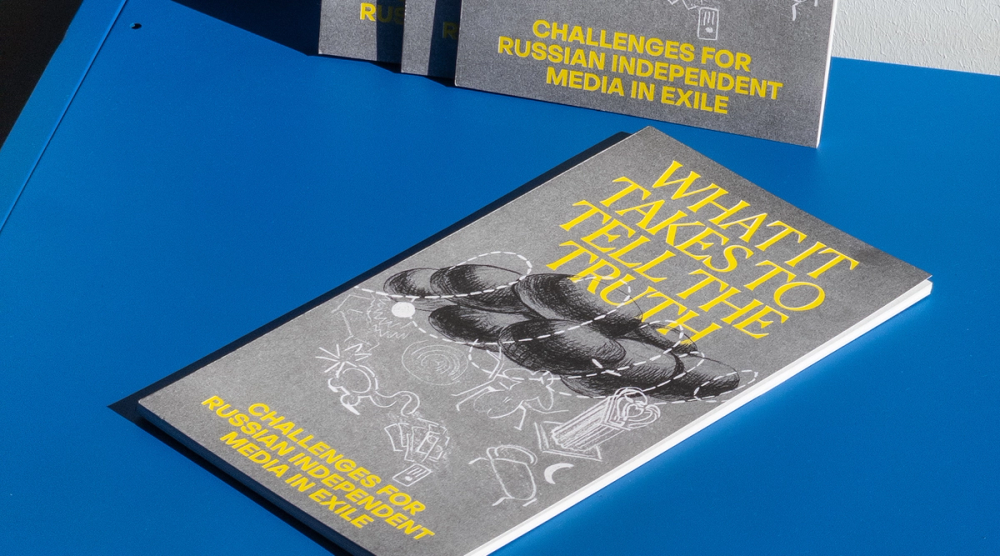
What It Takes to Tell the Truth
Two years after launching the Berlin Incubator for Media in Exile, JINN presents the results of its new survey, featuring interviews with founders of exile media outlets, journalists, and mentors from Meduza, iStories, Novaya Gazeta Europe, Beda, Riga Media Hub, and more, sharing insights into the missions, challenges, and crisis management of Russian journalists in exile.
bimex.media01 April 2024

Channeling Propaganda: Novaya Gazeta Europe Analyzes How Telegram Facilitates Pro-militaristic Agendas
After the start of the full-scale invasion, previously marginal "Z-patriots" quickly gained mainstream status, achieving reach comparable to major media outlets. Novaya Gazeta Europe analysed over 500 Telegram channels, creating a cartographic overview of the core Russian Z-network propaganda ecosystem.
novayagazeta.eu16 February 2024
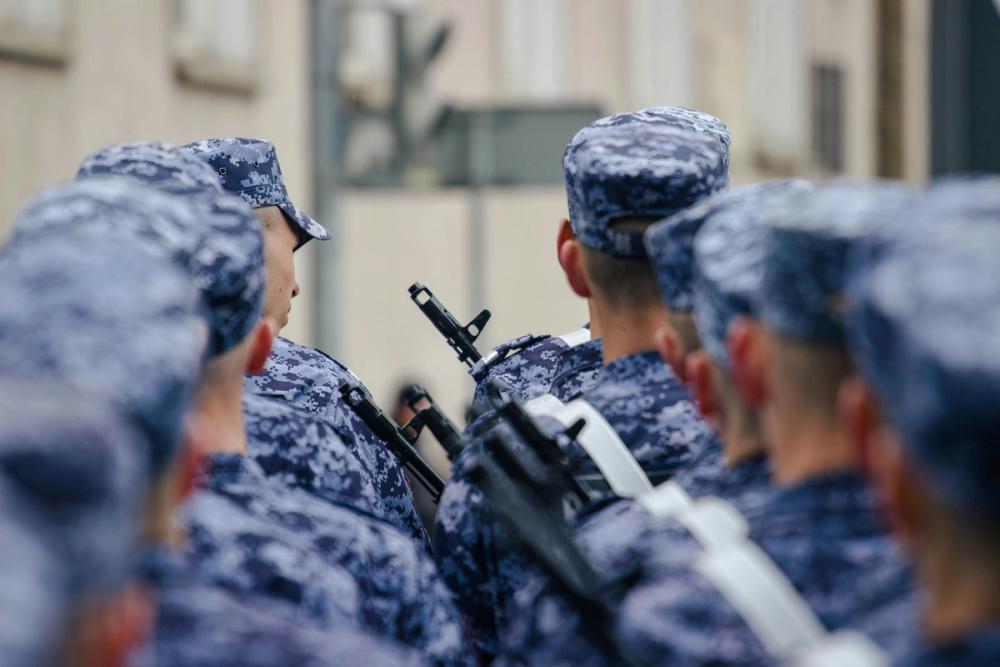
Outcomes of the Partial Mobilization in Russia After One Year of the Full-Scale Invasion: Investigation by iStories and Conflict Intelligence Team
One-fifth of 300,000 mobilised soldiers perished within just two months of service. These casualty figures, compiled from open sources, represent only a fraction of the tragedy's actual magnitude. Mobilised soldiers also suffer from poor training, lack of support, denial of leave requests, and severe criminal punishment for desertion.
istories.media21 September 2023
